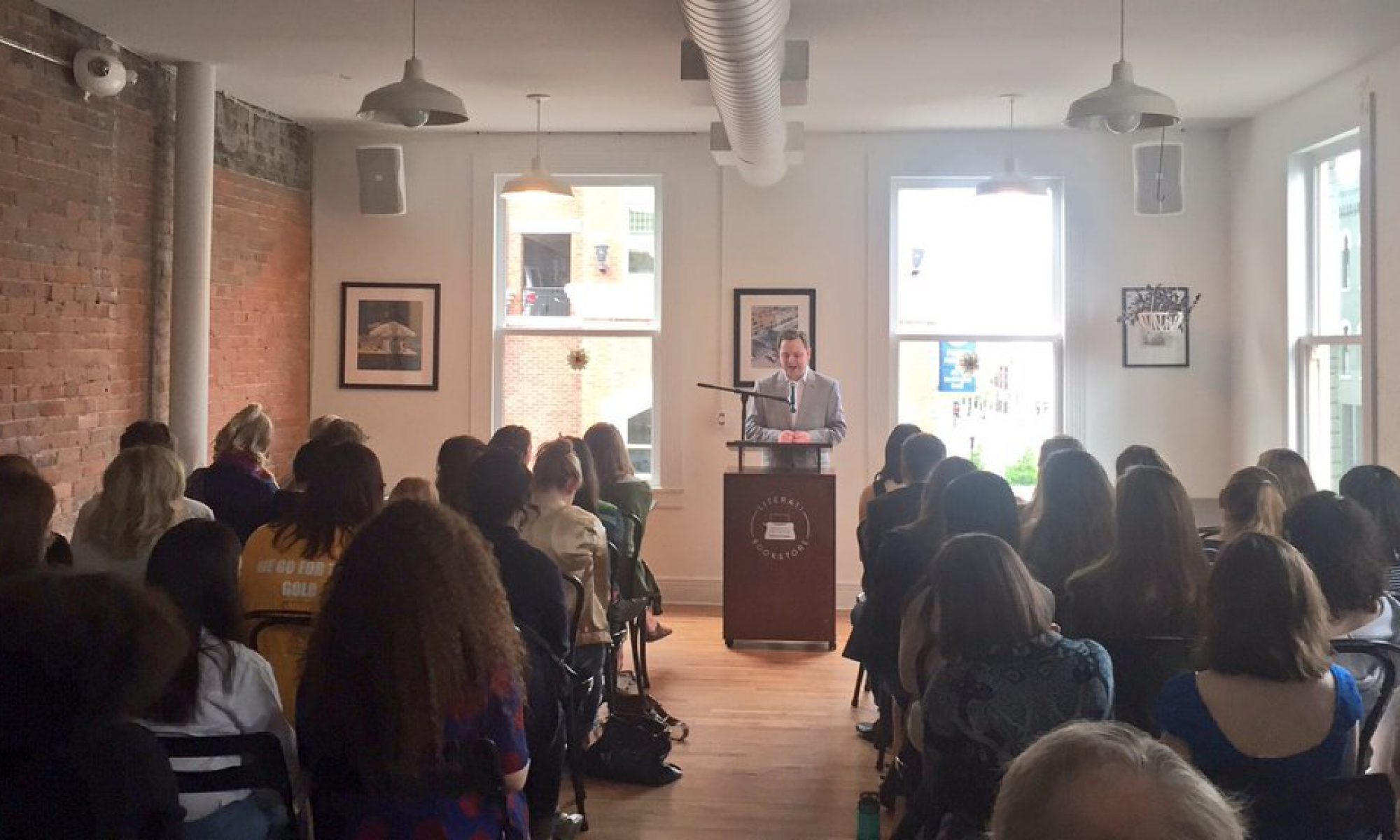 In my previous role as an instructional coach and a department chair, I felt strongly about advocating for grading reform, especially given the multiple ongoing crises impacting students. My students spoke openly about the negative effects of grading on their mental health, and a few even worked on a grading reform project that surveyed their peers and made recommendations to experts based on research they’ve done about alternative methods. Unsurprisingly, the resistance was fierce, and some of the fiercest resistance was around whether ungraded classrooms could prepare students for the rigorous expectations of college professors and corporate bosses. One colleague even said that ungrading encourages students to “want something for nothing,” as he vigorously defended traditional grading as way to instill notions of capitalist accountability, which he saw as vital to the work of schooling. Ungrading was just a fancy name for low expectations.
In my previous role as an instructional coach and a department chair, I felt strongly about advocating for grading reform, especially given the multiple ongoing crises impacting students. My students spoke openly about the negative effects of grading on their mental health, and a few even worked on a grading reform project that surveyed their peers and made recommendations to experts based on research they’ve done about alternative methods. Unsurprisingly, the resistance was fierce, and some of the fiercest resistance was around whether ungraded classrooms could prepare students for the rigorous expectations of college professors and corporate bosses. One colleague even said that ungrading encourages students to “want something for nothing,” as he vigorously defended traditional grading as way to instill notions of capitalist accountability, which he saw as vital to the work of schooling. Ungrading was just a fancy name for low expectations.
I started taking steps toward ungrading about a decade ago because grades negatively impacted my relationships with students and students’ relationships with their work in the course. While I’d encourage students to take risks in their work in ideas, genre, and form, my reliance on traditional grading sent a different message. After all, we are what we do. Because of the mixed messages, students often took the surest path to an “A,” even when they were encouraged to do more. Who can blame them? Over time, I grew resentful that students played it safe, and they were resentful that my words seem disingenuous based on my actions. This mutual frustration wasn’t sustainable, especially if I was going to stay in teaching.
This story isn’t unique—I’ve told it before, and it probably mirrors the origin story of many other ungraders—but lifting again feels critical to make the point that, for me, ungrading wasn’t about what students couldn’t do, but what they could do when they weren’t, as Alfie Kohn says, punished by rewards. Put differently, I turned to ungrading because I had higher expectations—not lower expectations—for both my teaching and my students’ learning. One of my biggest realizations about traditional grading was how just how much pushing students toward a single standard that I created based on preferences, experiences, and ways of knowing was rooted in pervasive deficit orientations.
Problematically, deficit orientations combined with good intentions—“preparing students for college” “upholding standards”—is saviorism (Alex Shevrin Venet’s work is vital on this topic, especially for white teachers). Part of my moving away from saviorism and restoring my relationship with students on healthier terms required me to also move away from traditional grading. Imagine thinking so highly of yourself and so little of your students that you believed their only motivation is points. This is, at least in some circles, and prevailing view, and to borrow from Jesse Stommel, if we believe that students need a reason as banal as points to do our work, then they’ll likely believe it, too. For me, breaking up with traditional grading meant breaking up with my ego, and it made me a better teacher by compelling me to, with students, consider reasons for our work together that pushed beyond banal point accumulation; we leaned into purpose, into mission, into values, and into imagination and world building. I had to listen, to be wrong, to be apologize, to repair harm I had caused, and to change my actions.
There are some things to acknowledge here: ungrading, like anything, can also be a weapon that causes harm (we might think of Autumm Caines’ work on the weaponization of care as an example); sometimes ungrading can also cross into savorism, especially if the shift isn’t rooted in high expectations or accompanied by changes to the pernicious pedagogies underlying traditional grading. In other words, simply “going pointless” tomorrow isn’t going to change much at all, maybe except the window dressing. We can ungrade and still find ourselves complicit with grading when our philosophies and core values are still doggedly rooted in compliance, command, and control, our practices still compel students to perform to a single standard, and our personal interactions with students lack relational care and are abundant in what Cornelius Minor calls “deservedness.” Jesse Stommel, as usual, tells us what we might need to hear: “We can’t simply take away grades without re-examining all of our pedagogical approaches, and this work looks different for each teacher, in each context, and with each group of students.” Jesse warns us to beware of the Zeitgeist.
There’s nothing particularly heroic or sexy about ungrading; it’s comprised of small-yet-intentional changes—what we might call “micro-moves”—over an entire career to make learning environments more humanizing and relationally caring. There’s no seismic shift, shining spotlight, grand pronouncement, or enduring fame, and that’s okay. I just wanted better relationships with students and students wanted to have more freedom, so I had to figure out, in my classroom, how to make that happen, and I’m ever grateful for a network of people that helped—and continue to help—me, whether they know it or not. I hope that the might help someone else in the same way I’ve been helped. Each time we model just practices and relational care, help create conditions for students to feel safe taking intellectual risks, or see students advocate against harmful systems and structures, especially those based on flawed foundations like rigor, accountability, ranking, sorting, and exclusion, we’re pushing against the traditional system, urgently, even if it might feel like we’re moving in slow-motion.
Ungrading doesn’t make you a savior, but, if you’re like me, it might stop you from trying to be one.
